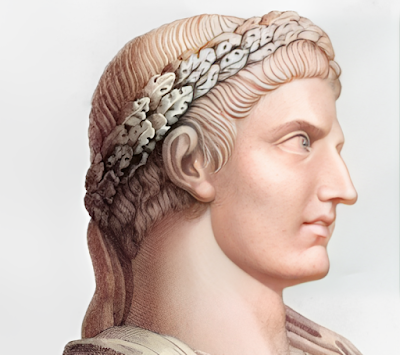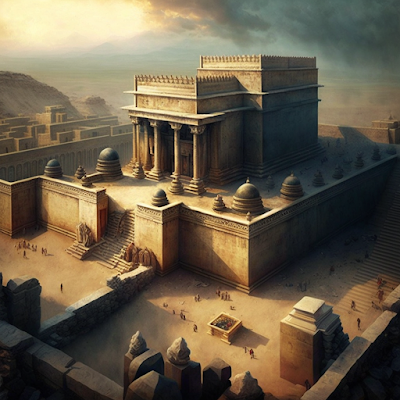Constantine the Great
Constantine the Great was a Roman Emperor who ruled from 306 to 337 AD. He is widely considered as one of the most influential figures in Western history, as his reign marked a decisive turning point in the decline of the Western Roman Empire and the beginning of the Byzantine Empire.
Constantine was born in the city of Naissus, present-day Niš in Serbia, in 272 AD. He was the son of Flavius Valerius Constantius, a Roman army officer, and Helena, who later became known for her piety and was venerated as a saint in the Eastern Orthodox Church. Constantine rose to prominence as a military leader and was appointed as Caesar, the deputy emperor, by his father. After his father's death, Constantine fought a series of civil wars to secure his own claim to the throne, eventually emerging victorious.
One of Constantine's most famous acts was his conversion to Christianity, which he did after a vision he had before the Battle of Milvian Bridge in 312 AD. He then issued the Edict of Milan in 313 AD, which declared religious tolerance in the Roman Empire and effectively ended the persecution of Christians. This conversion had a profound impact on the history of Christianity, as it allowed the religion to spread throughout the empire and become the dominant faith in the Western world.




Comments
Post a Comment